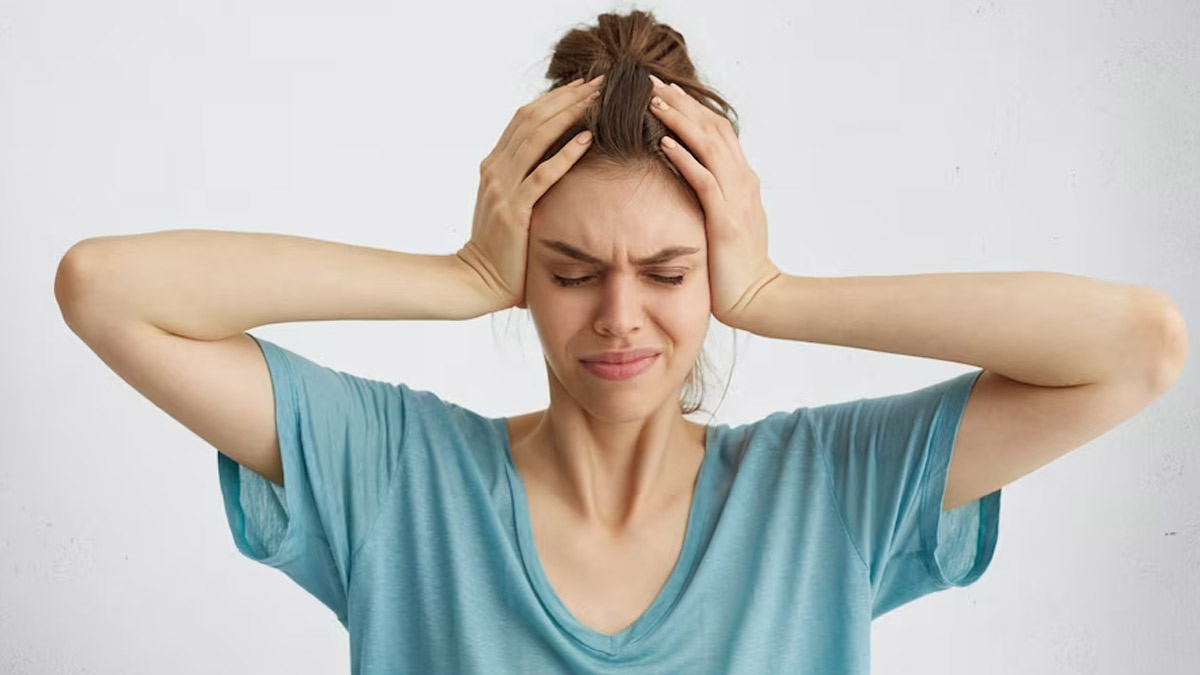
Vertigo is a sensation of motion, dizziness. People with vertigo feel as if they are moving or the environment around them is spinning. The dizziness that occurs in vertigo is different from other forms of dizziness like lightheadedness. People with severe vertigo find it difficult to do bare minimum daily tasks due to the spinning sensation.
Table of Content:-
What are the types of vertigo:
In a conversation with Only My Health, Consultant – Neurosurgery, Dr Abhijit Warade of Hinduja Hospital, explained three main types of vertigo.
- Benign Paroxysmal Positional (BPPV) Vertigo: In BPPV, a patient suffers from vertigo while changing positions such as lying down, sitting, suddenly getting up. This condition can be controlled and easily treated by meditation.
- Meniere’s disease: This type of vertigo is a pathological problem. It is caused by a problem in the inner ear. There is a fluid present in our inner ear that helps in steadiness or maintaining balance. Meniere’s disease occurs when there is extra pressure on this fluid in the inner ear. Dr Warade said that this problem is both controllable and treatable.
- Vestibular Neuronitis or Labyrinthitis: This is a condition that affects a nerve in your inner ear. This nerve sends information regarding your head position and balance to your brain. When this nerve is swollen or inflamed, brain is unable to read balance-related information properly which results in dizziness and head spinning. The condition is triggered by any sort of infection in the inner ear (ear infections, ear discharge). These can be treated with antibiotics and other measures.
Also read: Dealing With Vertigo? Experts Explains The Impact And Tips To Manage Its Symptoms
What are the causes of vertigo?
The cause of BPPV is not known. It can occur to anyone regardless of age, but it is most commonly seen in young aged females. Similarly, the cause of Meniere’s disease is unknown as well.
Talking about Vestibular Neuronitis or Labyrinthitis, Dr Warade said, “Ear infections are not dependent on any factors as such and can occur anytime to anyone.”
Diagnosis:
Vertigo is diagnosed on the basis of symptoms of patients. “Based on what and how is the patient’s condition, and what type of vertigo the patient is suffering from, the treatment is initiated,” Dr Warade said.
Symptoms of Vertigo:
- Dizziness
- Loss of balance
- Blurred Vision
- Ringing in ears, hearing loss
- Feeling nauseous, vomiting
- Being pulled to one direction
- Headache
Also read: Ayushmann Khurrana Opens Up About His Struggles With Vertigo
Treatment and self-care:

After proper diagnosis by a doctor, patients are prescribed medications according to the type of vertigo. Speaking on the self-care part of Vertigo, Dr Abhijit Warade said, “Self-care is essential for only a few patients. For example, if the patient is suffering from BPPV, it is advised to them to not do any sudden movements as BPPV is a problem of disharmony of equilibrium (balance) so slower movements would lead to lesser symptoms.
Following are basic self-care tips to be practiced:
- Sit down or lie down when you start feeling the symptoms
- Avoid bright lights when you have symptoms
- Exercise regularly
- Do Yoga and Meditation
- Practice progressive muscle relaxation exercise
- Eat healthy diet, get enough sleep
- Stay hydrated
Also watch this video
How we keep this article up to date:
We work with experts and keep a close eye on the latest in health and wellness. Whenever there is a new research or helpful information, we update our articles with accurate and useful advice.
Current Version
